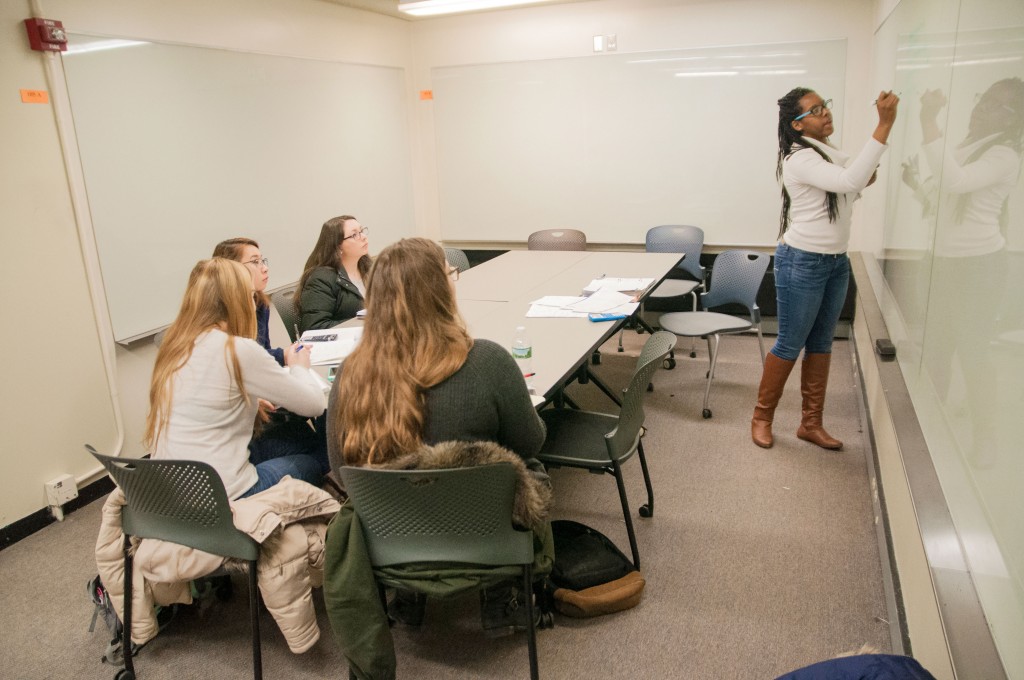
When a student is struggling with a course, it may take them weeks or even months to realize they are behind. Binghamton University has launched an alert system to inform students if they are not doing well and supply them with resources to improve their academic standing.
The Academic Alert System notifies students by email throughout the semester if their professors have concerns about their performance. Previously, faculty had the option to report student progress in mid-semester evaluations to Student Services, but the system did not allow for progress assessments at any other point in the semester.
The new system combines the mid-semester evaluation process with the early warning program created by the Discovery Program in 2010. The ideas were transformed into an electronic system that professors can access at any time. Assistant Vice Provost James Pitaressi worked to integrate this system last semester with Discovery Program Associate Director Scott Bennett and Student Services Executive Director Marty Wygmans.
“It’s to help the students early on, to get them to recognize all is not lost if they’re struggling a bit,” Bennett said. “It’s early enough that we can get them helpful strategies and get them on the track they want to be on in order to progress in their class.”
The system allows faculty to report academic concerns such as low quiz and test scores, poor attendance and incomplete assignments. In the past, if a professor had a concern about a student at a time other than mid-semester, they had to separately email the Discovery Program. Now, they can log into the system, click on the student they are reporting and provide feedback easily.
The alert emails provide students in all departments with academic support services such as tutoring, advising from the University Tutoring Services and information on teaching assistants (TAs) and their available office hours. According to Bennett, the system can help students early, but it only works if faculty members are on board.
“The earlier we can help the students and get them some key critical strategies, it can only benefit them, and I think the faculty can see how that can benefit their students in their courses,” Bennett said. “It doesn’t work if faculty aren’t supportive of it; to know we’re really trying to reach out to these students and get them help early on, so they can produce as well as they can in their particular course.”
The system is monitored daily by the Discovery Program and Student Support Services. They send out weekly emails until March 24, the class withdrawal deadline, reminding faculty to use the portal. It is not mandatory for faculty to submit alerts via the academic portal, but it is strongly encouraged if a professor has concerns about a particular student’s progress in their class.
The majority of alerts are sent around the fourth or fifth week of classes, due to exams, with over 100 notices coming in from professors daily. Students are not required to act based on the alerts, but rather are recommended to seek help through office hours or tutoring.
Matthew Cazilas, a sophomore majoring in business administration, said the resource will help, not only because it addresses that students are not doing well, but it recommends resources to help them improve.
“It’s important because it allows students to dig themselves out of a hole before it’s too late,” Cazilas said. “[It] allows them to make effective changes to their grades so they don’t wind up just failing the class without knowing their progress.”


